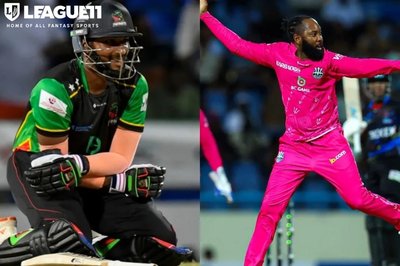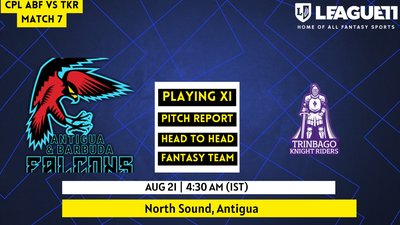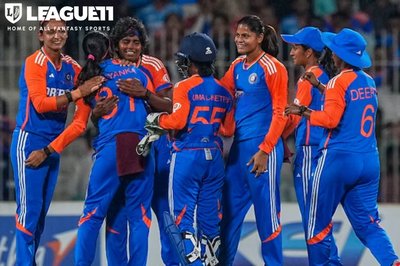Shadow Over the T20 World Cup? Player Reports Fixing Attempt

Fixing Threat at T20 World Cup 2024: Player Reports Approach, ICC Sends Strong Message
The administrators of cricket continue to face the shadow of corruption, but the ICC's anti-corruption squad struck a rapid blow to one possible approach from a former Kenyan international to a Ugandan player in the current T20 World Cup.
According to information obtained by PTI, the incident happened during the league stage matches in Guyana. It involved a former Kenyan bowler attempting to get in touch with a member of the Ugandan squad on many different phones. As required by the ICC's stringent anti-corruption guidelines, the Ugandan athlete informed the ACU authorities present about the approach.
PTI Statement:
"That a member of the Ugandan national team was the target of this individual is not shocking. Compared to the larger teams, associate nations are easier targets for corruption, but in this instance, the player who was contacted took the appropriate action by alerting the ICC as soon as possible, a source told PTI.
According to the ICC's anti-corruption code, it is illegal to fail to disclose a corrupt approach. Match-fixing, gambling on the game, misusing insider knowledge, and refusing to assist with an inquiry are among the additional offenses.
In Trinidad on Friday, Uganda concluded their Twenty20 World Cup campaign with a thrilling victory over Papua New Guinea and defeats against Afghanistan, New Zealand, and the West Indies. Three of Uganda's four league games were held in Guyana. Uganda, along with co-hosts USA and Canada, were first-time participants in the competition.
"Players from smaller countries are contacted more frequently than others. Larger tournaments like the T20 World Cup are subject to more scrutiny. If an approach is made to the ICC ACU, the correct procedures are followed and an inquiry is carried out appropriately, according to a second source.
ICC amended its anti-corruption rule on June 1st, giving the governing body and member boards more authority "to proactively and thoroughly investigate incidents of corruption in the ongoing effort to protect the integrity of the game."
The anti-corruption code applies to all participants in cricket (international or domestic) played under the ICC and its Member's auspices. This includes players, coaches, trainers, managers, selectors, team owners or officials, physicians, physiotherapists, match referees, pitch curators, player agents, umpires, and officials from the ICC and NCF.
"A lifelong ban from all gaming activities is the worst penalty that may be applied for the most egregious violations of the Anti-Corruption Code. An excerpt from the ICC anti-corruption guideline for participants states, "There may also be criminal penalties in certain countries."
Every foreign participant receives frequent updates regarding possible threats and is familiar with the anti-corruption code.
Alleged bookies contacted Canada's 20-year-old wicketkeeper Hamza Tariq during the 2011 ODI World Cup in India. He appropriately reported the incident to the police.


























